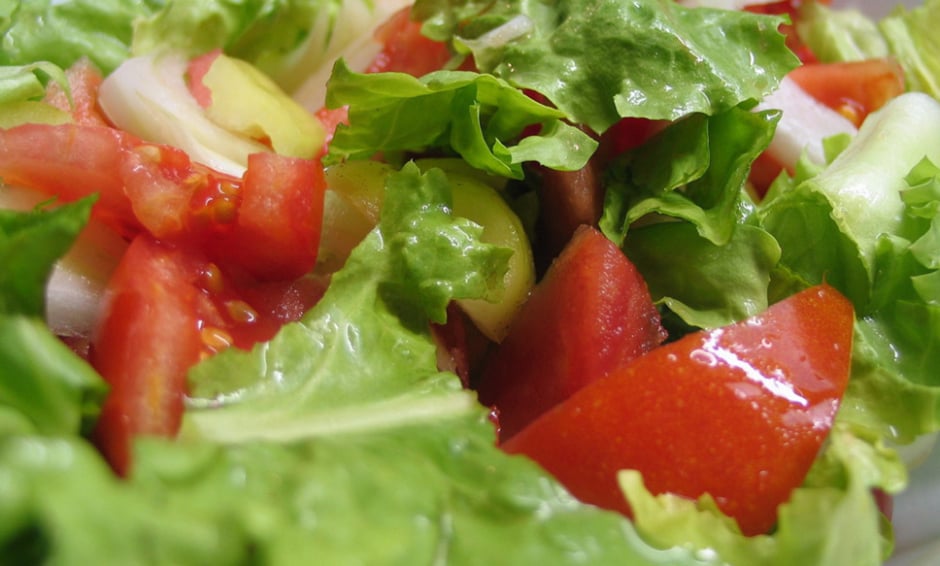RISK of colorectal cancer can be reduced by consuming certain components of the Mediterranean diet, according to data presented at the European Society for Medical Oncology (ESMO) 19th World Congress on Gastrointestinal Cancer. This new research follows previous reports on the benefits of the Mediterranean diet and takes a closer look at the specific elements that could help to prevent colorectal cancer.
Led by primary author, Naomi Fliss-Isakov, Tel-Aviv Sourasky Medical Center, Tel-Aviv, Israel, researchers analysed the link between components of the Mediterranean diet consumed separately and together, and the risk of developing advanced colorectal polyps, a possible precursor of colorectal cancer. The study involved 808 people, aged 40–70 years, who were undergoing screening or diagnostic colonoscopies but had no apparent high risk of colorectal cancer. Body measurements of the participants were taken, including BMI and height, and they were asked to complete a questionnaire detailing their food habits. The Mediterranean diet was defined as a high ratio of monounsaturated fatty acids to saturated fatty acids; this included an above-average consumption of fruit, vegetables, nuts, seeds, whole grains, fish, and poultry, and a below-average intake of red meat, alcohol, and soft drinks.
By comparing colonoscopies, the researchers concluded that there was a clear association between participants with polyp-free colonoscopies who also consumed a Mediterranean diet. More specifically, the average number of Mediterranean diet components consumed in the advanced polyp group was 1.9, compared to 4.5 components in the polyp-free group. In addition, the consumption of two or three components correlated with a 50% reduction in the risk of advanced polyps and researchers concluded that a low intake of soft drinks, in conjunction with increased fish and fruit ingestion, were most likely to reduce this risk. ESMO spokesperson, Dr Dirk Arnold, Instituto CUF de Oncologia, Lisbon, Portugal commented: “This large population-based cohort-control study impressively confirms the hypothesis of an association of colorectal polyps with diets and other lifestyle factors.” As it remains unclear if these results could correlate with a reduced mortality, or if a dietary change would benefit advanced polyp patients, the authors are planning further investigations into the effects of the Mediterranean diet in participants with a pre-existing high risk of developing colorectal cancer.
(Image: freeimages.com)








